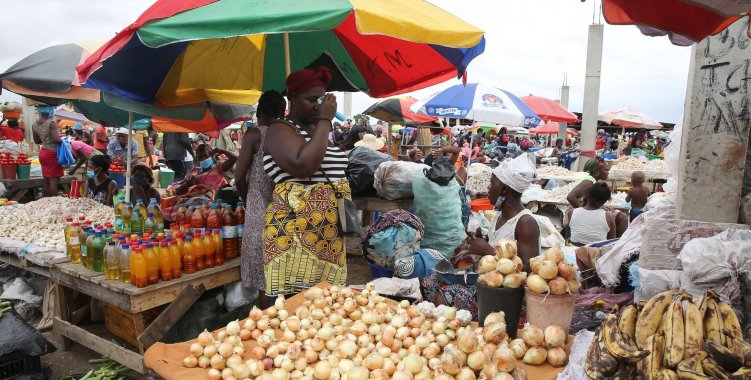"We think that the drop in the kwanza, together with the recent cuts in fuel subsidies, will push inflation to more than 25 percent at the end of the year compared to the same year, which compares with the 11.2 percent registered in June", write analysts in an analysis of the Angolan economy, released at the same time that the financial rating agency Standard & Poor's maintained the 'rating' at B- with a Stable outlook and a few days after the Government lowered the growth forecast of 3 .6 percent to 1.1 percent.
"We lowered our growth forecast, and now expect GDP to grow by just 1.3 percent in 2023, followed by stagnation in 2024, a projection well below the consensus of analysts, who anticipate growth of 2.3 percent and 3 percent, respectively," admits Capital Economics.
One of the main risks for Angola's economy, mainly through public debt, is the fall in the value of the kwanza, which lost around 40 percent against the dollar in the first half of this year, making loans in foreign currency more expensive than to support.
"Angola has made good progress in recent years in lowering the debt-to-GDP ratio, from a peak of over 130 percent in 2020 to less than 70 percent this year, but more than two-thirds of public debt is in currency. foreign currency, so that the depreciation of the kwanza alone increases the ratio by around seven percentage points this year", says Capital Economics.
In November of this year alone, "Angola will have to pay 2.3 billion dollars in debt", around 2.1 billion euros, warn analysts, adding that the large volumes of payments should not be met by resorting to a 'rollover' of the debt because of the high interest rates currently charged in international markets.
"Doing a 'rollover' of the debt would be extremely costly", they warn, referring to the practice of issuing new debt to pay off the old debt.
However, Angola's great advantage is the austerity it has imposed since the fall in oil prices in 2016, and which has meant that, despite the facial drop in the value of the kwanza, investors have not 'punished' the country with a increase in interest rates.
"Therefore, we do not anticipate that currency depreciation will lead to a sovereign default; the devaluation will push the balance of payments onto a more sustainable path, helping to rebuild foreign currency reserves, which, despite being low, are sufficient to meet debt commitments in the near future", argue the analysts.
The budget surplus, in fact, "means that the debt-to-GDP ratio should start to fall again from next year", concludes Capital Economics.







